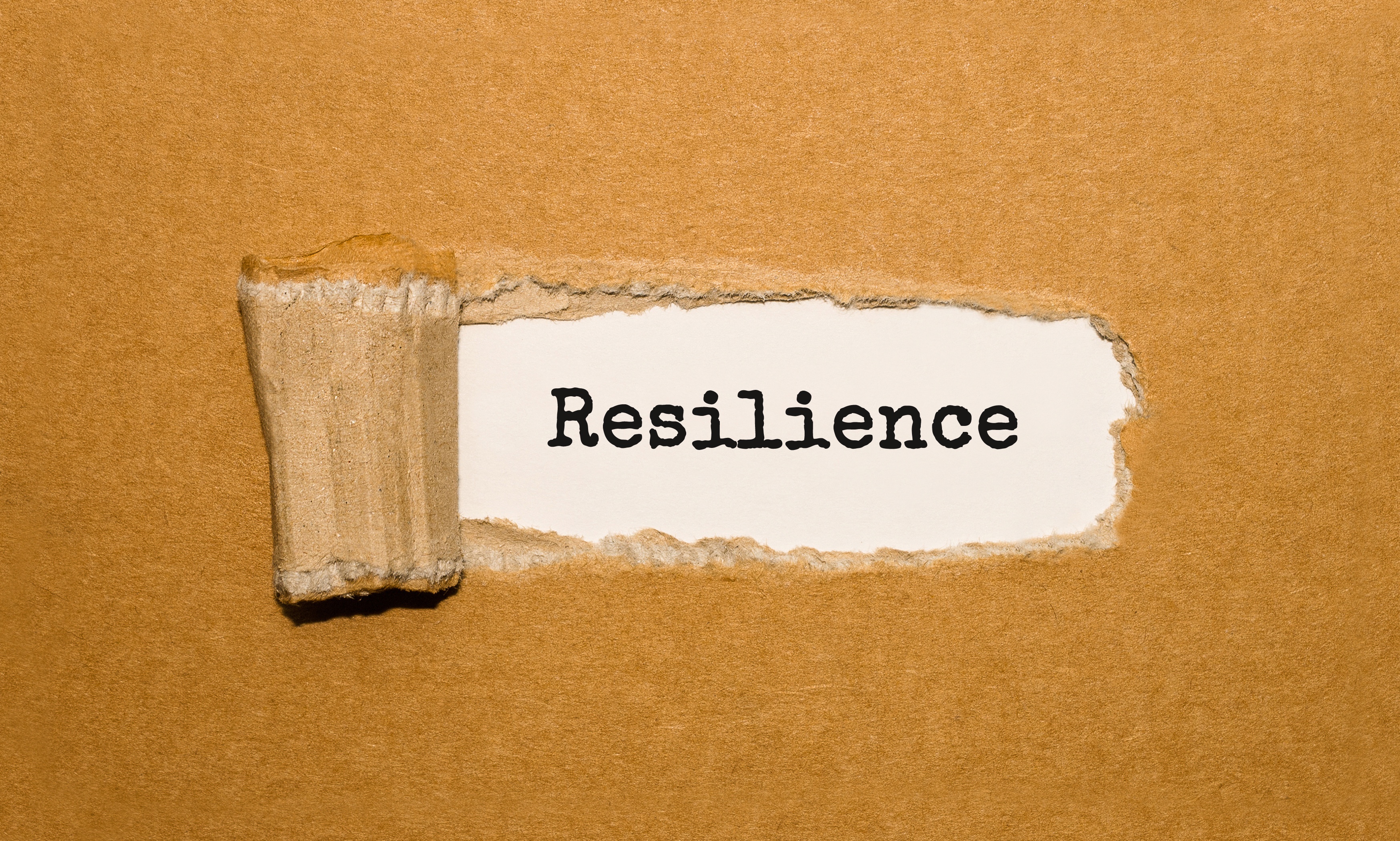Grit, resilience, and perseverance have become buzzwords. But what is resilience—really?
One thing is for certain: Developing your resiliency can be THE KEY to not only work success but also a healthy social circle and a work-life balance. After all, life is about balance, isn't it?
Estimated reading time: 4 minutes
 Think of resilience as the WAY in which you use the tools you already have.
Think of resilience as the WAY in which you use the tools you already have.
Resilience involves your ability to rebound from a defeat or setback.
It is optimism and the continued effort we exert—in spite of failure or struggle. Resilience works hand-in-hand with grit, which can be explained as the motivational drive that sustains your work ethic over time. You might see grit as the forward drive and resilience as the undaunted spark.
Resilience: Cultivating the Ability to Rebound Can Help You:
- Bounce back stronger from a harsh job review or layoff
- Come up with new ideas quickly, even after one fails
- Recover from a scathing emotional remark
- Adapt to changing plans, whether on vacation or in a boardroom
- Keep a positive outlook even amidst financial troubles or family drama
One of the best ways to practice the skill of resilience—because it is a practice—is to approach problems with a growth mindset.
How the Growth Mindset Supports Resiliency
This is an outlook where you perceive challenges as opportunities to learn. It encourages an uplifting mindset that seeks to learn, rather than a defeatist view that shuts out innovation and resists change. Stanford University, together with the Bill and Melinda Gates Foundation, published a study of Carol Dweck’s findings on tenacity in an academic setting. The results are powerful and strongly show that a growth mindset breeds resilience—and more resilience leads to success.
Building up your resilience and a growth mindset is a daily, if not hourly, practice.
Ways You Can Build Resilience
Here are some of the many ways you can grow your own resiliency:
- Intentionally relax to be more flexible when plans change
- Set small, achievable goals to keep you striving
- Take time to reflect and learn from your experiences
- Find a sense of purpose that will help inspire you to move forward
- Practice positive self-talk
- Build a supportive social network
- Practice problem-solving skills, like brainstorming other solutions even if you have one
- Take decisive action when it’s right, rather than waiting to see what happens
- Watch your language—use words that encourage or inspire you
 All of these things can build and inspire you to get up when life inevitably knocks you down.
All of these things can build and inspire you to get up when life inevitably knocks you down.
If you’re curious about your own level of grit, Angela Duckworth has an online test you can take.
Another great resource is the American Psychological Association’s Road to Resilience.
Regardless of where you are in your grit, it isn't easy for anyone to get up when you’ve been knocked down. That's why emotional intelligence is so important!
Think back to a time when you experienced a break-up or job loss.
See the toll of criticism on a child who’s still developing their own skills. Yet, time and again, resilience proves to be the vital ingredient to overcoming challenges.
Just as in the quote from author Robert H. Schuller (that Regina Dugan’s TED talk later made famous) goes: “What would you do if you knew you could not fail?”
What could you achieve with the help of a little more resilience?
Related listening: Psychologist Angela Duckworth’s impactful interview on NPR to feminist graphic designs—grit and resilience are being recognized as the most important traits for success.
For skills in resiliency and to cultivate emotional intelligence, contact us today at Heartmanity.








